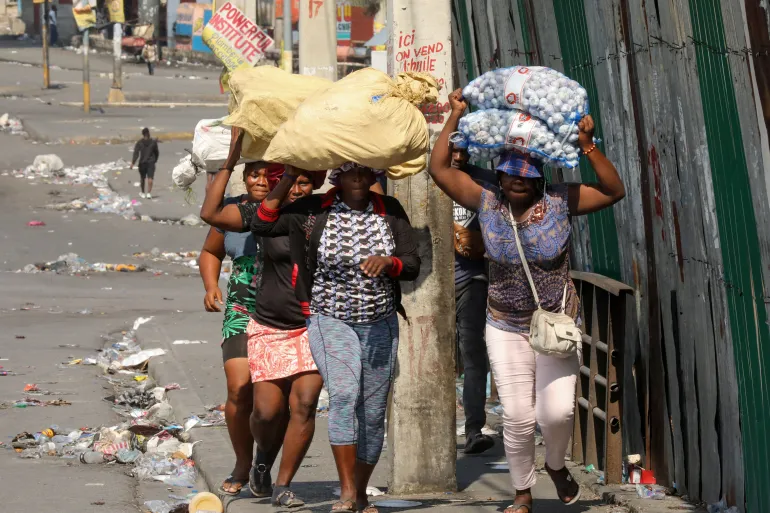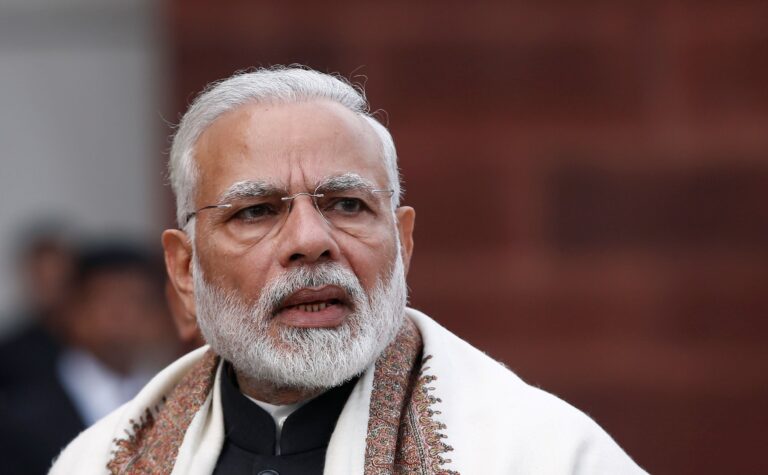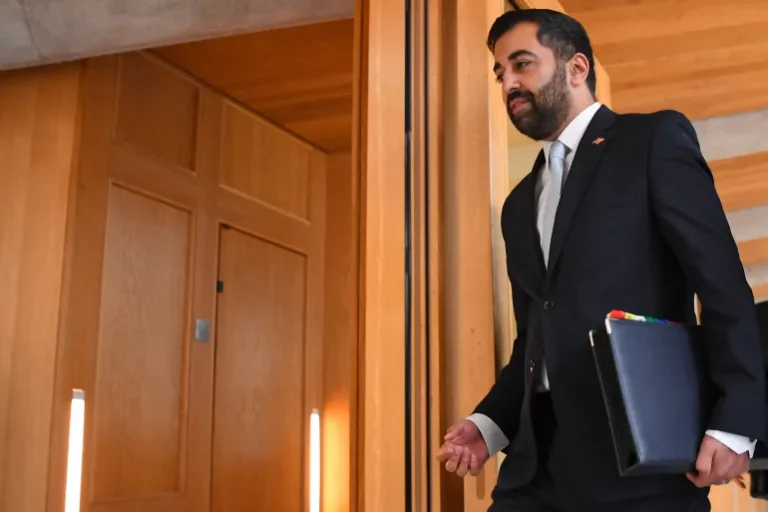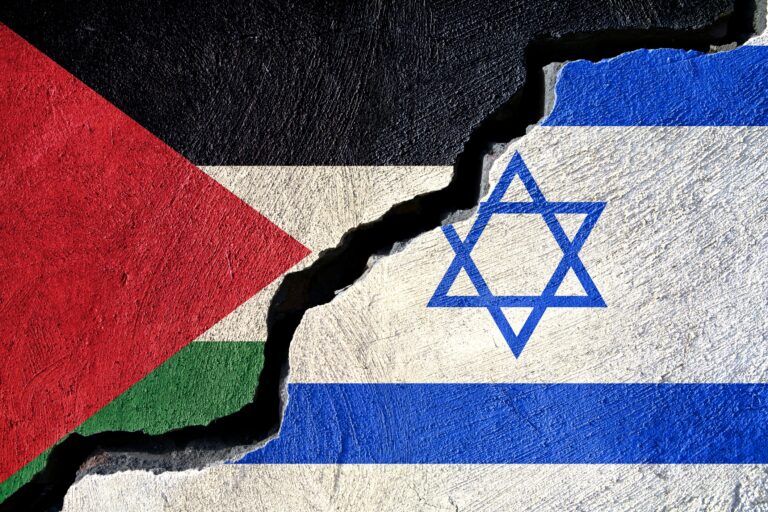Haiti extends state of emergency as violence and displacement soar
Haitians have been plunged into a deepening crisis, as gang violence forces thousands of people to flee their homes and businesses and schools to shutter.
On Thursday, Haiti’s government extended a state of emergency until April 3 in the Ouest Department, where the capital, Port-au-Prince, is located. It was first imposed on Sunday. The measure includes nightly curfews and bans on protests, although rights groups have said they have done little to stem the violence.
A new police station was also set on fire on Wednesday night in the Port-au-Prince neighbourhood of Bas-Peu-de-Chose, according to a statement that the leader of the SYNAPOHA police union gave to the Agence France-Presse news agency.
The surge in violence began over the weekend when armed groups launched a wave of attacks in the capital, including raids on two prisons that led to the escape of thousands of inmates.
According to a SYNAPOHA tally, at least 10 police buildings have been destroyed since the start of the unrest.
Haiti has been plagued by widespread gang violence for more than two years, particularly in the wake of the July 2021 assassination of President Jovenel Moise. That killing created a power vacuum and worsened political instability in the Caribbean nation.
The country’s de facto leader, Prime Minister Ariel Henry, has faced a crisis of legitimacy and continuing calls to resign. Moise chose Henry for the post just days before he was killed.
This week, the head of the powerful G9 Haitian gang alliance, Jimmy “Barbecue” Cherizier, warned, “If Ariel Henry doesn’t resign, if the international community continues to support him, we’ll be heading straight for a civil war that will lead to genocide.”
“We’re being told that the border is now closed,” Bo said. “Security forces here are on high alert.”
The United Nations said this week that at least 15,000 people in Port-au-Prince — where gangs are believed to control about 80 percent of the territory — have been forced to flee their homes as a result of the escalating violence.
The international organisation on Thursday warned that the country’s health system was on the brink of collapse.
“What we do know is happening [in Haiti] is that there’s looting going on, shooting going on. Businesses are closed. Schools, universities and most public services are not working because of the situation on the ground,” Bo added.
“What we’ve asked the Haitian prime minister to do is move forward on a political process that will lead to the establishment of a presidential transitional council” to allow for elections, Thomas-Greenfield told reporters on Wednesday.
“We think that it’s urgent … that he moves forward in that direction and start the process of bringing normalcy back to the people of Haiti.”







